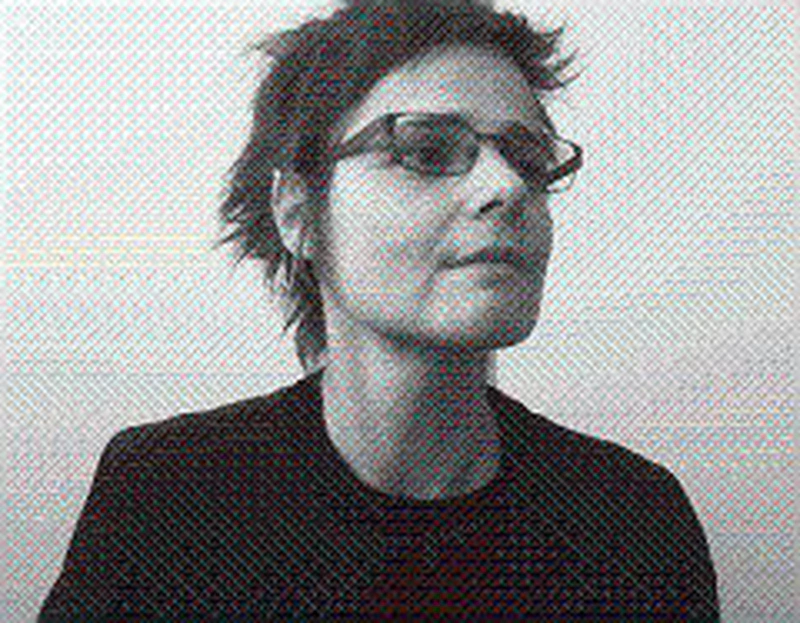- Submission deadline:
August 15thAugust 22nd (Ext) - Notification to authors:
August 29thSeptember 10th (Ext) - Camera-ready deadline:
September 12thSeptember 26th (Ext) - Workshop: October 9th, 14:00-17:30, Room 4-D
All submission times are Anywhere on Earth (AoE).
ALife in Organizations: Navigating Societal Transitions Through Co-Creation
In this evolving landscape, organizations can no longer operate in isolation. Instead, they must improve their capacity to orient themselves in dynamic environments, balancing internal adaptability with increased awareness of their interactions with surrounding systems. Achieving this requires developing both:
- Micro-level (bottom-up) capabilities — empowering local teams, departments, and individuals to self-organize and respond to change in real time.
- Macro-level (top-down) capabilities — strengthening collective goals, systemic awareness, and strategic alignment to steer broader transformation.
- Relational interfaces — the boundaries where internal organizational processes intersect with external societal systems. Expanding these interfaces is crucial to enhancing adaptability and unlocking new collaboration spaces across stakeholder groups.
- Co-creation arenas — emergent spaces that foster collaboration by identifying and connecting shared challenges, fostering collective goals, and creating conditions for constructive dialogue and innovation.
- Generative AI and Multi-Agent Systems — as potential tools to increase self-organizing capacities, enabling systems to dynamically adapt while balancing structure and flexibility.
Our aim is to create a space for transdisciplinary dialogue, where participants collectively explore new strategies for enhancing adaptive capacity, maneuverability, and collaborative problem-solving in complex socio-technical environments.
Join us in Kyoto at ALife 2025 to explore how ALife principles can foster self-adaptiveness and co-creation in organizations — and beyond.
Information for Authors

Ada Diaconescu
Organisations that Scale: Constraints and Opportunities for Complex Worlds
Abstract: How can human organisations grow, ensure vital functions and survive unpredictable events?
Do they need to become “hierarchical”? and if so, what kind of hierarchy?
This talk will investigate the generic principles driving and constraining growth in living and artificial systems, from uni-cellulars to smart cities. Common design principles will be distilled into a design pattern for large (adaptive) systems – Multi-scale (Feedback) Systems. The implications of these principles for modern human organisations will be discussed, pointing to potentially unexplored alternatives, which may help address current tensions at various scales.
Bio: Ada Diaconescu holds a position of Associate Professor at Télécom Paris, Institut Polytechnique de Paris. Before joining Télécom Paris in 2009, she worked for Grenoble Alpes University, Orange Labs and INRIA, France; and completed a PhD in Electronic Engineering and Computing at Dublin City University, Ireland. She has been strongly involved with the Autonomic and Organic Computing communities, including a book on Autonomic Computing (2013) and the role of Steering Committee co-chair of the IEEE ACSOS conference, since its inception in 2019. Her main research interests include design patterns for complex adaptive systems, multi-scale feedback systems and agent-based modelling, focusing on applications to large-scale socio-technical organisations.
Our workshop focuses on inclusivity and diversity, promoting interaction, participation, and knowledge exchange on core topics. It will feature a keynote speaker, paper presentations, a panel, and a breakout session where participants collaborate in small groups to explore challenges and opportunities for ALife in organizations. Activities will include a variety of engaging formats:
- 1-minute presentations from participants (voluntary);
- Invited keynote speaker;
- Regular paper presentations;
- Panel with Q&A session;
- Working groups: mapping the landscape of potential challenges and opportunities of ALife∈Org.
Accepted Papers
- Yiding Cao, Yingjun Dong, Minjun Kim, Neil MacLaren, Sriniwas Pandey, Shelley Dionne, Francis Yammarino and Hiroki Sayama. Effects of Network Connectivity and Functional Diversity Distribution on Human Collective Ideation
- Stanly Chen, Matthew Scott and Jeremy Pitt. User Experience of Conflict with ALife in a Cooperative Survival Scenario
- Stefan Sarkadi, Jeremy Pitt, Alison R. Panisson, Asimina Mertzani and Anuschka Schmitt. Open-Ended Institutional Adaptation through Human-AI Co-Production
- Zahra Atf and Peter R Lewis. Semiotic Legibility in Multi-Agent Organizational Messaging
- Nathan Lloyd, Maria J. P. Peixoto and Peter R. Lewis. From 1-to-1 to Many-to-Many: Bringing a Complex Systems Perspective to Organizational AI Adoption
Schedule
| Start | End | Event |
|---|---|---|
| 2:00pm | 2:05pm | Opening Remarks |
| 2:05pm | 2:15pm | Voluntary Introductions from participants |
| 2:15pm | 3:00pm | Keynote: Organisations that Scale: Constraints and Opportunities for Complex Worlds |
| 3:00pm | 3:15pm | Semiotic Legibility in Multi-Agent Organizational Messaging |
| 3:15pm | 3:30pm | Open-Ended Institutional Adaptation through Human-AI Co-Production Systems |
| 3:30pm | 4:00pm | Break |
| 4:00pm | 4:15pm | Effects of Network Connectivity and Functional Diversity Distribution on Human Collective Ideation |
| 4:15pm | 4:30pm | User Experience of Conflict with ALife in a Cooperative Survival Scenario |
| 4:30pm | 4:50pm | Joint Panel and Q&A |
| 4:50pm | 5:05pm | From 1-to-1 to Many-to-Many: Bringing a Complex Systems Perspective to Organizational AI Adoption |
| 5:05pm | 5:25pm | Working groups - Mapping the landscape for Organizational AI |
| 5:25pm | 5:30pm | Closing |
Gary Linnéusson
University of Skövde
Asimina Mertzani
Imperial College London
Nathan Lloyd
Ontario Tech University
- Aishwaryaprajna, University of Exeter, UK
- Chloe M. Barnes, Aston University, UK
- Ada Diaconescu, Telecom Paris, France
- Imran Khan, Independent, UK
- Peter R. Lewis, Ontario Tech University, Canada
- Alberto Montebelli, University of Gothenburg, Sweden
- Luis Gustavo Nardin, IMT Mines Saint-Etienne, France
- Jeremy Pitt, Imperial College London, UK
- Stefan Sarkadi, Kings College London, UK
- Matthew Scott, Imperial College London, UK
- Ciske Smit, Imperial College London, UK